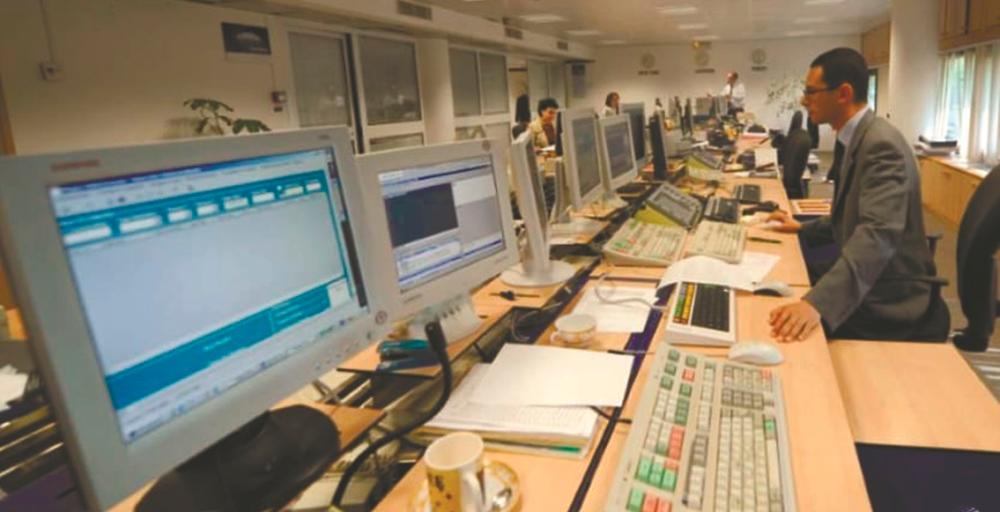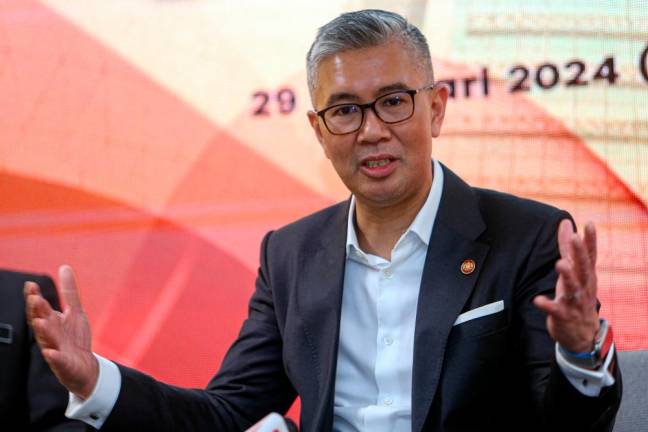PRINCE Charles of the United Kingdom believes that accountants can “save the world”. He created the Accounting for Sustainability Project in 2004 with the hope that “if an accountant manages to convince just five others to start accounting for sustainability, and if each one of them encourages another five each year, over time, we could reach all the three million accountants in the world”.
Peter Bakker, president and CEO of the World Business Forum for Sustainable Development, informed the United Nations that “accountants are going to save the world” in his widely publicised speech at the 2012 Rio de Janeiro Conference on Sustainable Development. Since then, the rhetoric has been bolstered by leading professional accounting bodies, accounting academics and accounting firms to shore up their relevance under the onslaught of technological disruption and lapses in governance.
Over the last decade, a sustainability boom has erupted and trillions of dollars have been invested in sustainability-linked products and services. The market for sustainable finance had grown to over a trillion dollars (RM4.37 trillion) in 2021 reflecting unprecedented growth of a sector that did not exist previously. Accounting firms have jumped on the bandwagon offering consultancy services to develop net zero emission plans, future-proof businesses and implement other sustainability initiatives.
The introduction of sustainability reporting standards for companies has also resulted in more work for accountants. It is not surprising therefore that a survey by Verdantix among heads of sustainability at large firms revealed the big four accountancy firms dominate the expanding market of sustainability consultancy and sustainability assurance services.
According to its website, PwC has placed the booming demand for sustainability services at the heart of a US$12 billion investment plan it announced in June 2021 to recruit 100,000 new employees and “build trust” and “deliver sustained outcomes”. In April 2022, Deloitte announced plans to invest US$1 billion in its Sustainability & Climate practice to hire and train staff and build a new Centre for Sustainable Progress, based out of New York. Early this year,
EY launched its new sustainability service Carbon Hub, a net zero transformation progress tracker designed to help businesses plan, measure, and execute on their transition to net zero. It plans to invest over £100 million (RM539 million) in the UK to recruit 1,300 professionals until 2025. In October 2021, KPMG announced that it is channelling more than US$1 billion of its services to focus on sustainability and ESG over the next three years.
While accounting firms are capitalising on the business opportunities afforded by the boom in sustainability services, are they walking the talk? Are accountants embracing sustainability in their own backyard?
Although the leading accounting firms have published sustainability reports, there is no evidence that these reports have been independently assured. There is no evidence of stress testing even though it was touted as best practice. The sustainability reports are presented on a global scale with little reference to local targets and initiatives. None of the leading firms publish sustainability reports for their Malaysian operations although separate reports are found for some neighbouring countries. While clients are advised to embed sustainability in their internal processes and systems, the evidence within the firms themselves is weak.
One leading firm announced a first of its kind “climate learning programme” for its 330,000 employees which involved “a digital learning programme featuring videos, interactive data visualisations, and personal testimonials from dedicated personnel taking climate action”. For its clients, the firm recommends a five-stage sustainability integration roadmap that includes developing awareness and coaching, aligning the structures and benchmarking, incorporating governance, developing policies and integrating processes and implementing ESG-linked remuneration.
I appreciate the apprehension in allocating revenue generating resources to develop a country sustainability report or have sustainability reports validated by competing firms or incur spending on enhancing internal sustainability awareness and action. My suggestion is to tap the readily available lower-cost resources in the numerous local universities, a number of which are currently involved in leading edge sustainability research and consultancy. Research in sustainability issues has been receiving a lot of traction and universities will welcome the opportunity to collaborate on such projects.
Can accountants save the world? Yes, but only if they address the elephant in the room and take active steps to increase their internal sustainability consciousness.
This article is contributed by Tan Seng Lee, Associate Professor and Associate Dean (Employability & Engagement) at the Sunway University Business School and member of The Malaysian Institute of Certified Public Accountants (Micpa). The views expressed here are the writer’s own.












